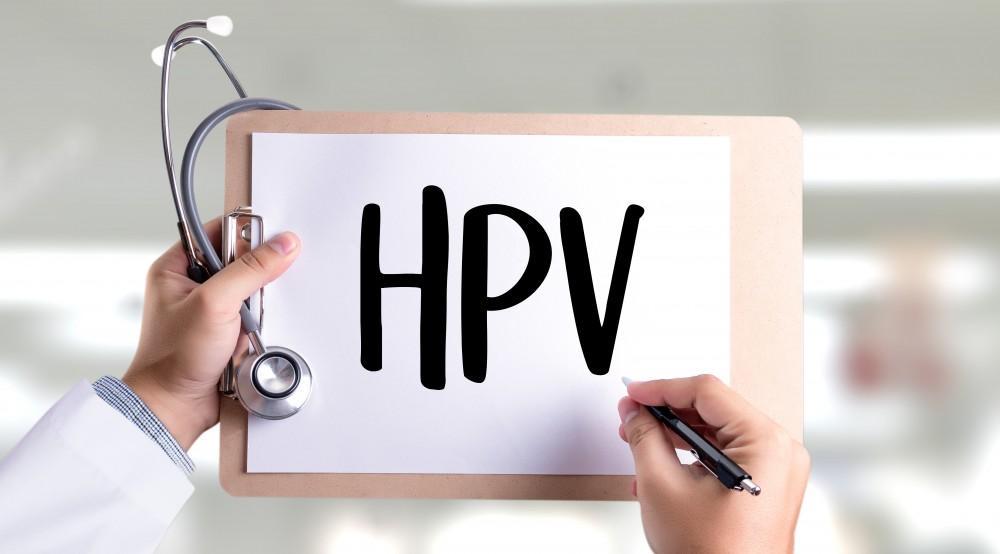

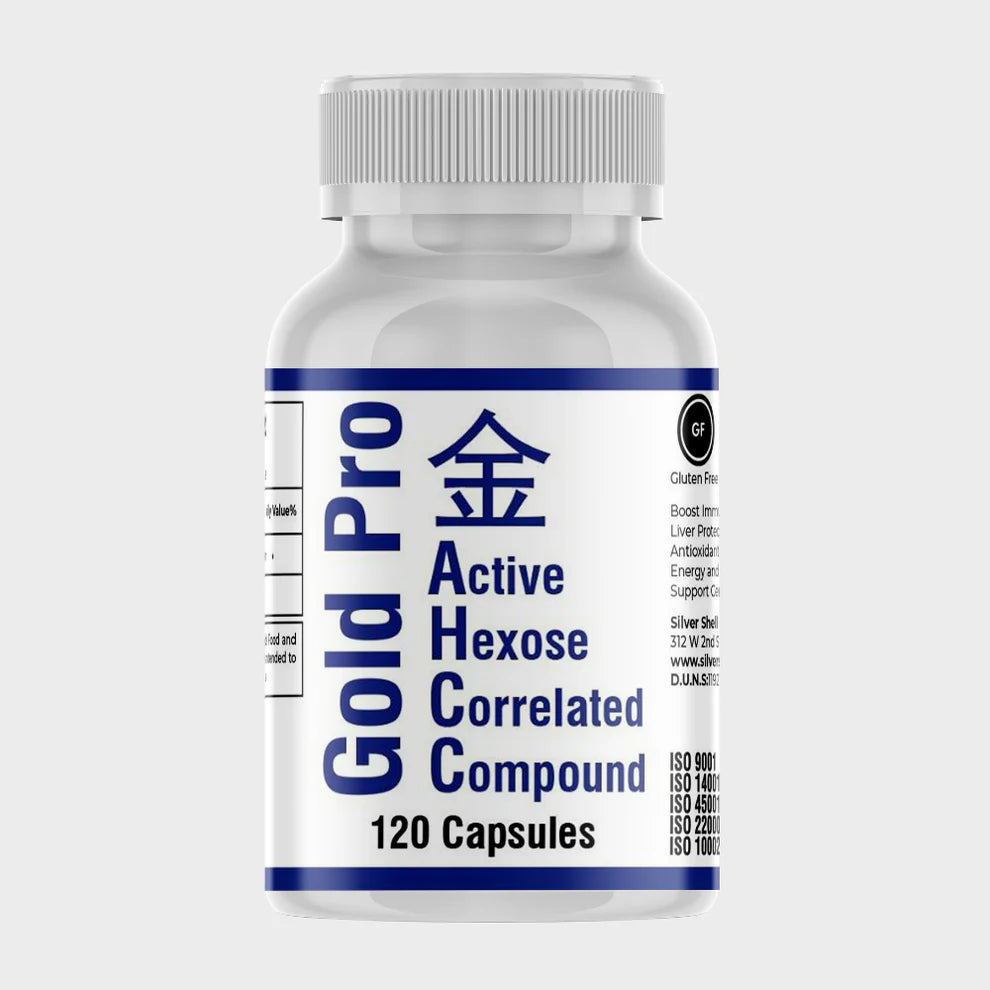
AHCC Supplement for HPV - Get Rid of HPV Fast
AHCC Supplement for HPV - Get Rid of HPV Fast
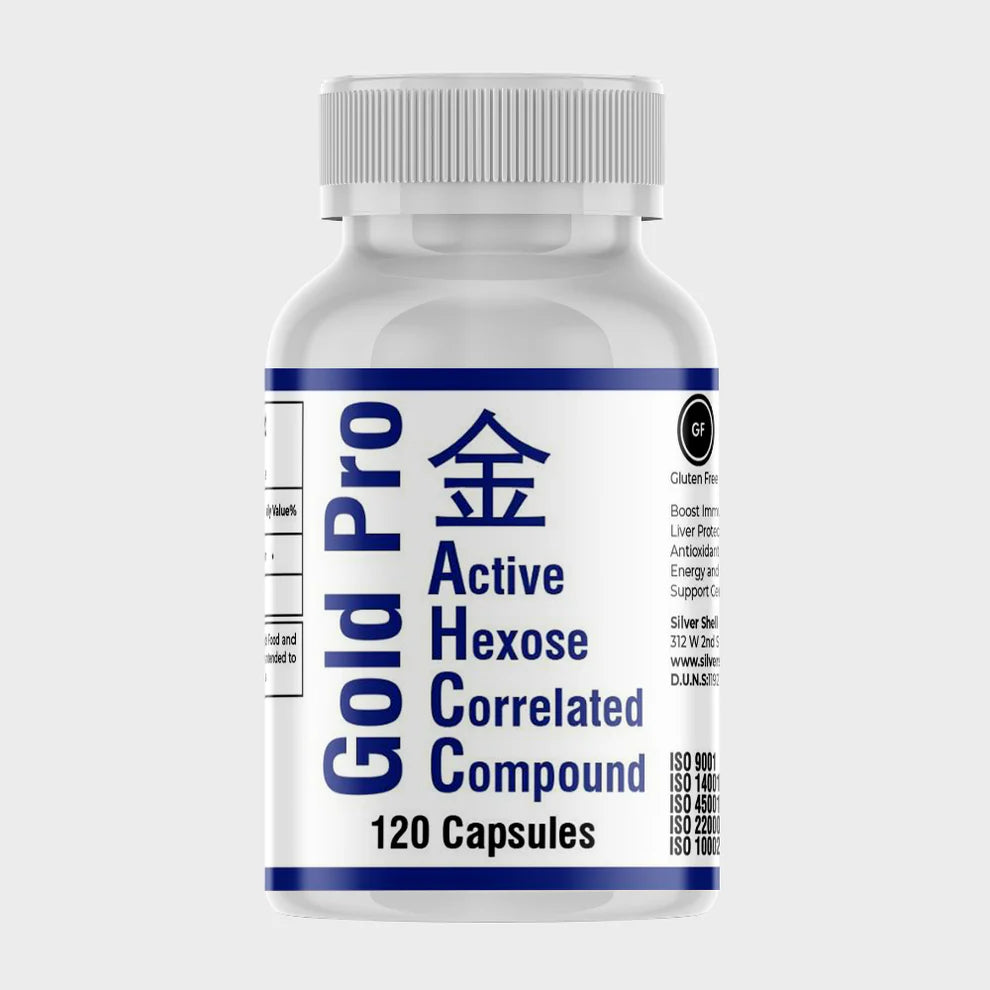
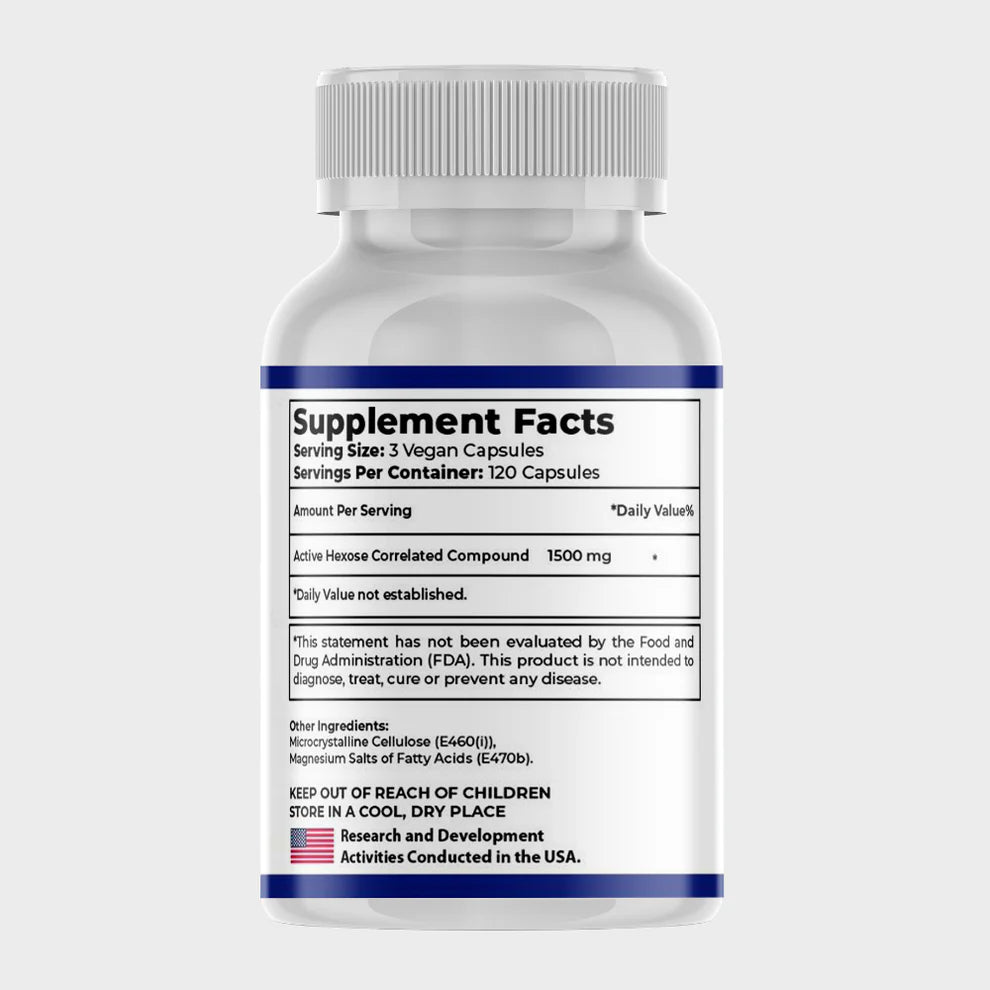
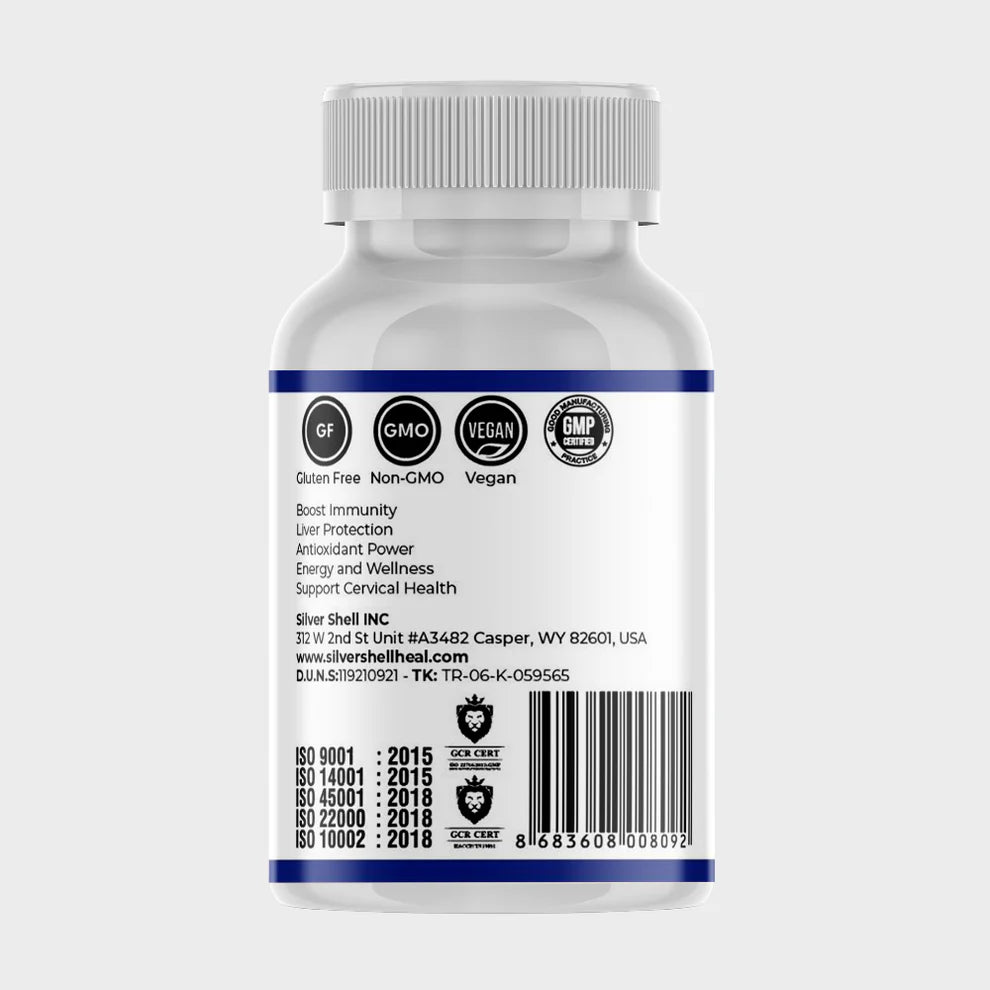
Take 6 capsules daily for 180 days (9 bottles) to clear HPV
Free DHL Express shipping when you order 6+ bottles
All customs and duty costs included





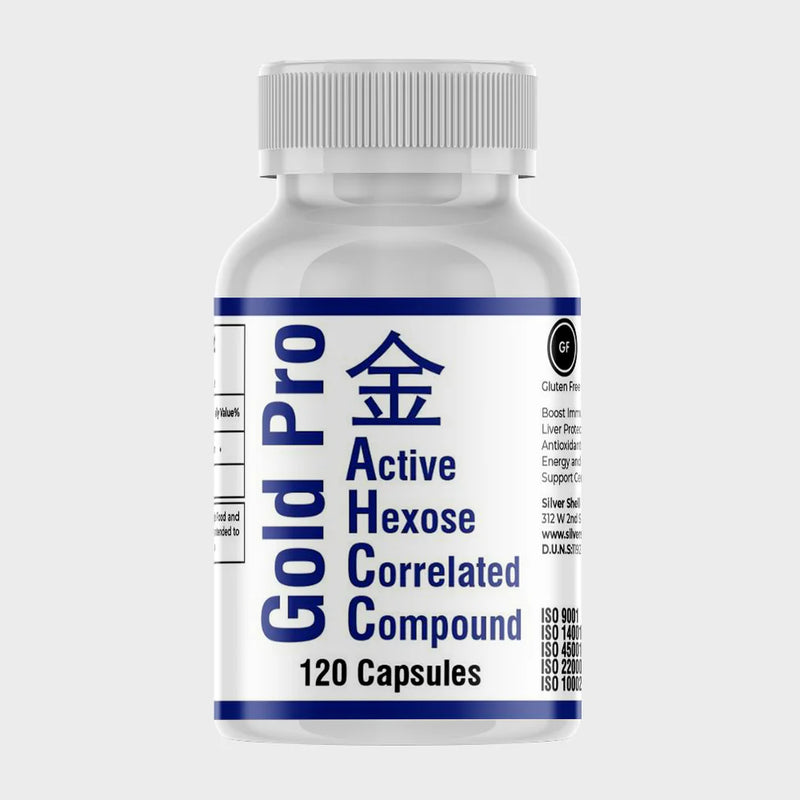
AHCC is a clinically proven supplement that helps clear HPV in 6 months.

Use the code bellow to get 15% off your whole order!
Code copied successfully!